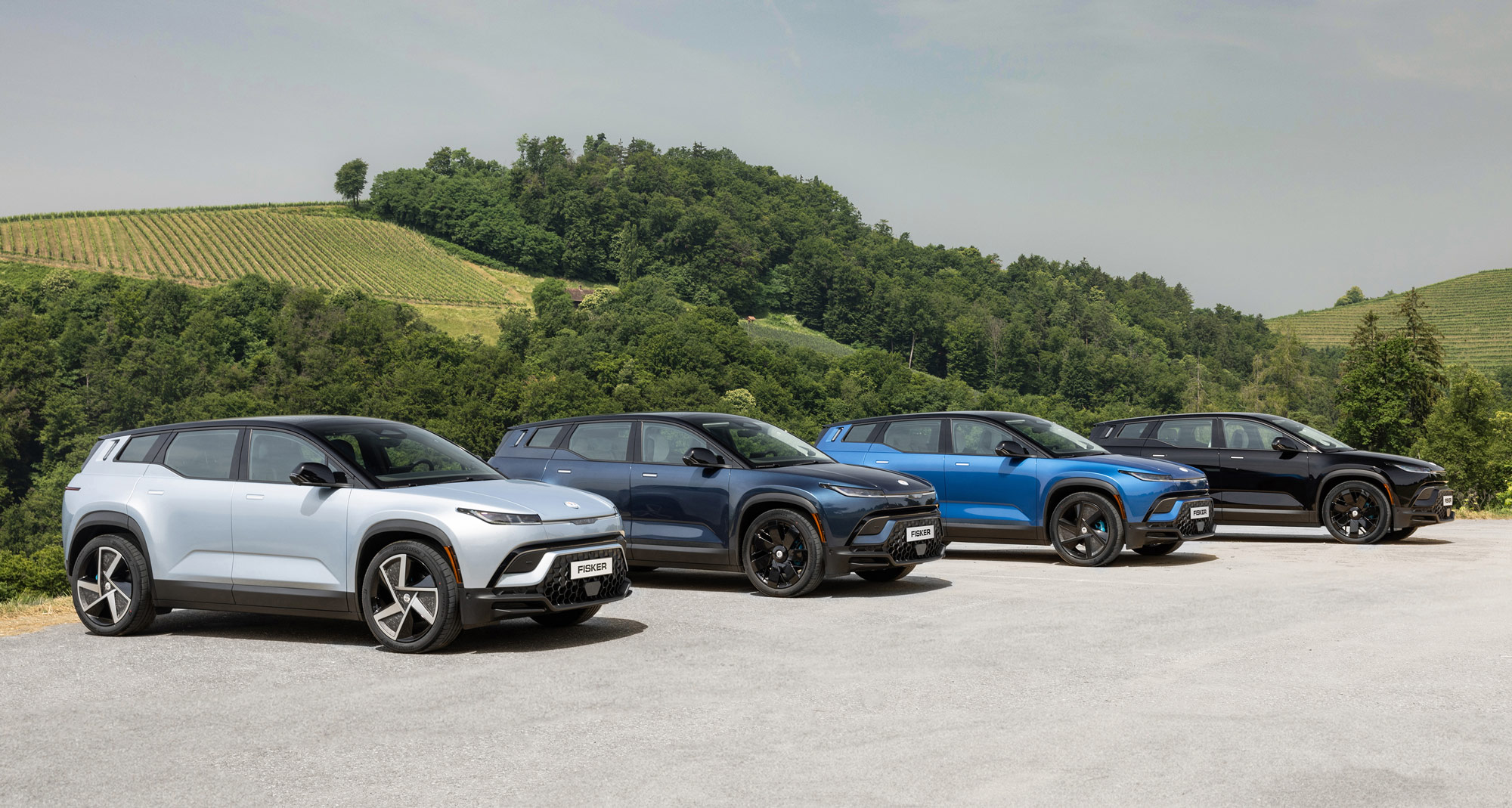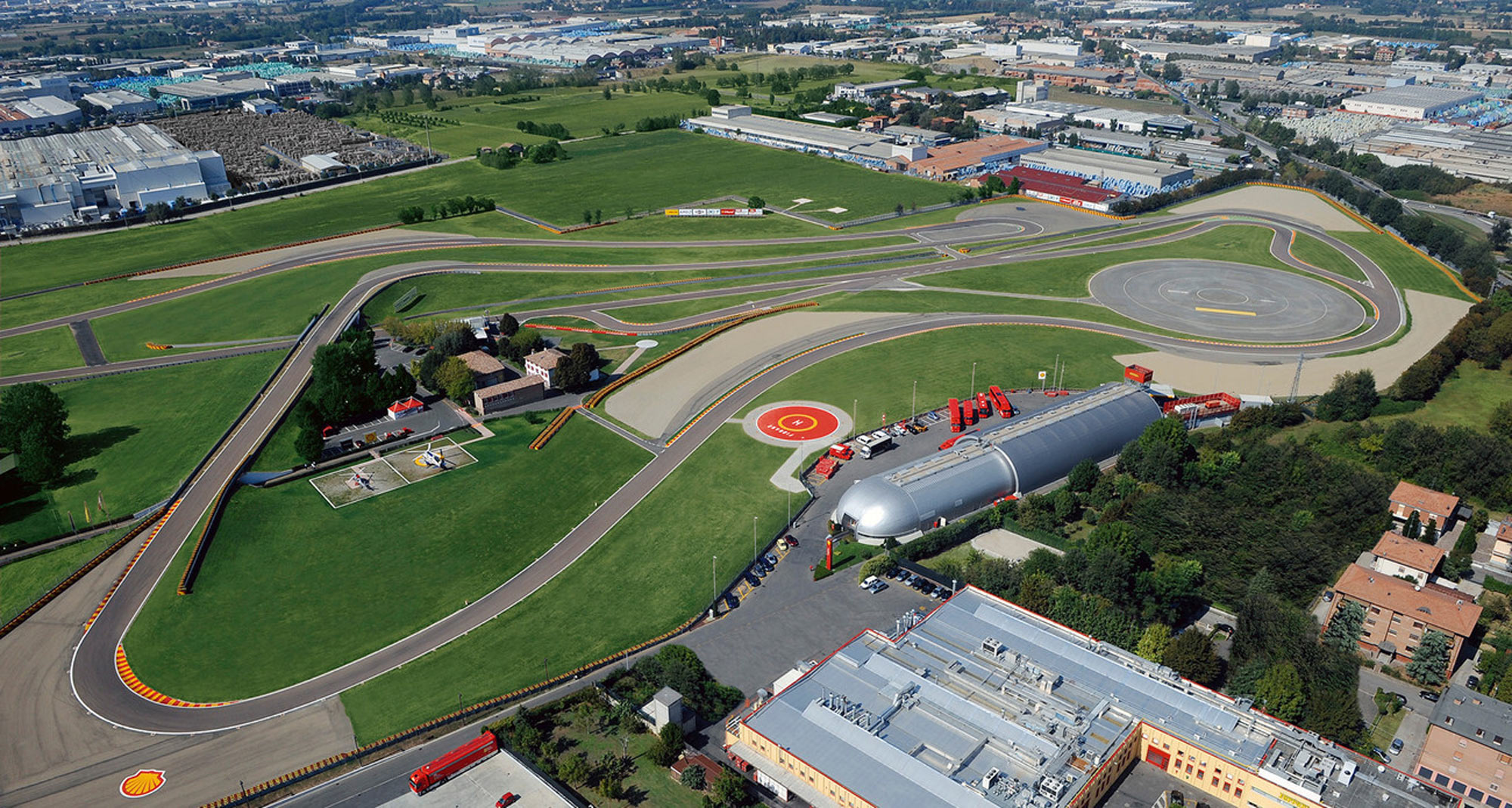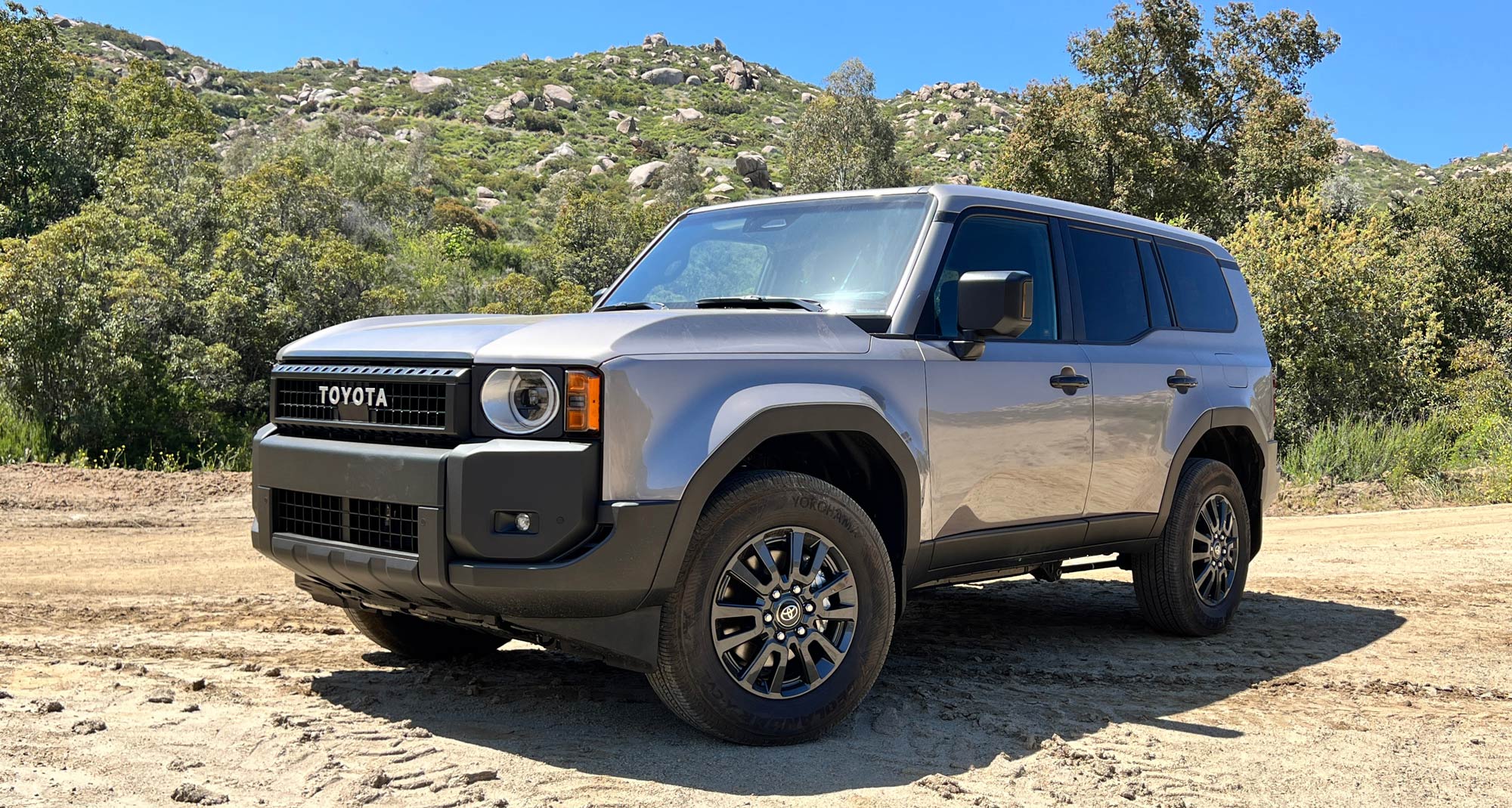Car Loan with Zero Down Payment: What You Need to Know
Want to buy a car but don't have the money for a down payment? Here's what to know as you consider if a car loan zero down payment option is right for you.
 Shutterstock
Shutterstock
Article QuickTakes:
If you want to buy a car but don't have a chunk of money to use for a down payment right now, then you might want to consider a car loan zero down payment option.
These loan terms can help car buyers drive a car off the lot without having to come up with a down payment first. However, going this route can come with its own financial ramifications. As you consider whether to make a down payment for your car loan, learn the pros and cons of these kinds of loans.
What Is a Car Loan With Zero Down Payment?
Typically, large purchases—such as a vehicle—require a down payment. This is a percentage of the purchase price paid upfront by the buyer. Usually, the trade-in value of your current car can also be part or all of your expected down payment.
However, a zero-down-payment car loan allows you to finance your entire purchase, including the purchase price, registration fee, title fee, documentation and other dealership fees, sales tax, etc.
Pros and Cons
Pros
There are a few perks to buying a car with zero down. For starters, it allows you to drive a car off the lot without any money on hand. This makes buying a car less expensive in the short term. It can also help to open up your other options, allowing you to take money that might otherwise go toward a down payment and instead spend it on something else.
One other perk comes from how you handle this loan in the months and years to come. Just like any other loan, when you make consistent and on-time payments, you will eventually raise your credit score. This means that you could potentially get better terms on your next car loan—whether you have a down payment to pay for it or not.
Cons
What's not to love about a car loan with zero down payment, especially if you don't have a chunk of extra money to dedicate to a car purchase right now? Well, there are several drawbacks to consider before agreeing to these loan terms, including:
- Paying more interest over time: Since you aren't paying anything toward the car's purchase or fees, you'll have a higher overall loan amount. Usually, when you increase the loan principal amount, you also increase the amount of interest you'll pay
- Higher interest rate: You will typically have a higher interest rate with a no-money-down car loan—because of a lower credit score, because of your loan-to-value ratio, or because of both. Your loan-to-value ratio on a car loan is part of your interest rate calculation. Without a down payment, your loan-to-value ratio will be higher, causing your interest rate to increase. Any increase in interest rate will also increase the amount of interest you pay over time
- Becoming upside down on your car loan: You may know that a car loses value as soon as you drive it off the lot. If you finance the car 100%, including all fees, then you'll likely be upside down on your car loan—meaning your car is worth less than the loan you have on it. This can put you in a challenging situation if you try to trade it in too soon
- Dealing with a higher monthly payment: Because your loan is higher, and because your interest rate may be higher than if you had come to the car negotiation process with a down payment, you may have a higher monthly payment
Strategies for Securing This Option
It's helpful to know what you'll need to increase your chances of approval for this type of loan. Ultimately, the decision is up to your lender. However, all lenders will look for a combination of the following to determine loan eligibility:
- Your credit score
- Your current car's trade-in value (if applicable)
- Purchase price of the car you want
Your credit score is a major determining factor for any type of car loan you want. In the case of a no-down-payment loan, it's even more important. That's because choosing to roll all of the extra car fees—sales tax, registration fee, title fee, dealership fees, etc.—into the loan means you may need good enough credit to be approved for a larger loan. Not only might you need to have a decent-to-good credit score to secure a no-money-down loan, but having a good credit score (at least 680 points) is also the best way to prevent a lender from increasing the interest rate they would've given you on a conventional loan.
Additionally, trading in a car to substitute for part or all of the down payment is something else lenders like to see. Finally, you should know that keeping the car's purchase amount plus all applicable fees below your pre-approval offer will help you to secure this type of loan. To help further, you might consider keeping a close watch on any potential red flags in your finances.
Also consider that when you take out a car loan with no money down, you're enjoying the perks in the short term, but you'll have to pay for them in the long term. The best way to get all of the perks and minimize the financial costs of a car loan zero down payment option is to have a car to trade in. However, this only works if the car has equity in it, which means the car's value is greater than any loan still due.
Helpful Tips to Qualify
If you're worried about parts of your financial picture not being good enough for one of these loans, then you're not alone. Many car buyers are in the same position as you. There are ways to work around some of the financial barriers you have to secure a zero-down-payment car loan.
For starters, you might not need both a good credit score and a trade-in car. Sometimes having just a trade-in car with good equity or a good credit score with no trade-in will work as well. Do you have a subprime credit score (considered between 580 and 669 points)? Don't fret. Another option to secure a car loan with zero down payment option is by getting a cosigner. This is someone who takes full responsibility for paying back the loan on your behalf if you default.
Finally, picking a car that you can afford can really help you to secure the loan. If you aren't getting approved for the loan amount you would like, then you might think about lowering your expectations to a less expensive one. If you still cannot get one of these loans after all of your options are exhausted, then you might consider asking your loan specialist to give you an estimated range of how much you need to save for a down payment so that you can set this as your next savings goal.



